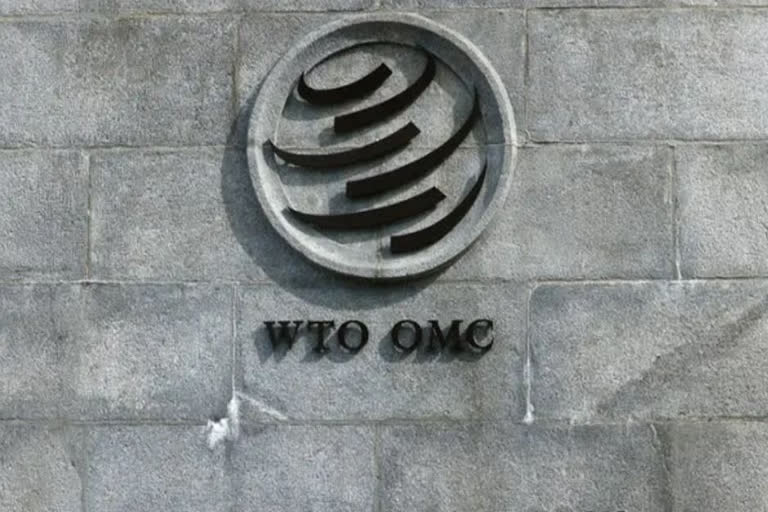Geneva: The government subsidy provided to Indian fishermen helps the community do fishing activities to support their livelihood and prohibiting such measures by a WTO agreement will ultimately affect millions of fishers and their families leading to poverty, sources said. Developed members of the World Trade Organization (WTO) are pushing to eliminate subsidies under the proposed fisheries subsidies agreement, which is under negotiation here.
India is not a major fishery subsidy provider, unlike countries like China, the European Union (EU) and the US which provide an annual fishery subsidy of USD 7.3 billion, USD 3.8 billion and USD 3.4 billion, respectively. India provided just USD 277 million in 2018 to small fishers. According to CMFRI (Central Marine Fisheries Research Institute) Census 2016, the total marine fisher folk population is 3.77 million comprising 0.90 million families.
Nearly 67.3 per cent of the fishermen families were under BPL category. Stoppage of subsidy assistance to fishers in India will ultimately affect millions of fishers and their families and will lead to poverty, one of the sources said. There are around 2 lakh fishing crafts of which only 59,000 (37 per cent) are mechanised. The estimated fisheries potential is about 4.4 million tonne and the marine capture production in 2019 was 3.8 million tonne.
Sources added that traditional fisheries involve fishing households using relatively small amount of capital and relatively small fishing vessels, usually about 20 metres in overall length, making short trips, close to the shores. The marine fishery in India is also small-scale and provides food security to millions of people and there is no industrial fishing in India.
Also read: India to seek fairer deal in fisheries at WTO's Ministerial Conference: Sources
On the other hand, industrial fishing by developed nations involves large fishing vessels conducting fishing activities in high seas beyond exclusive economic zones, which is detrimental to fish stock. The traditional and sustainable fishing practices by Indian fishers have been practiced for thousands of years and it is only subsistence fishing. The Indian fisheries resources are conserved and protected well by the fishers by their traditional and cultural beliefs.
"The sustainable fisheries are also supported by the government by means of declaration of fishing holidays for a period of 61 days and implementation of fisheries regulation act by the states concerned, they said. The Indian marine fisher population is more than the population of 112 countries. Only 122 countries have a population over Indian marine fisher population.
To protect the interest of Indian fisher population, a group of 34 fishers from India has arrived here representing states including Gujarat, Maharashtra, Goa, Karnataka, Kerala, Tamil Nadu, Andhra Pradesh, and West Bengal. They are demanding discipline the subsidy for industrial fishing and not for livelihood fishing as blocking subsidies for subsistence fishing will block the subsistence of fishermen.
India is taking a tough stand on fisheries subsidies, demanding that the developed countries presently providing non-specific fuel subsidies must be subjected to discipline. Commerce and Industry Minister Piyush Goyal, who is leading the Indian delegation here, has clearly stated that the country will not buckle under pressure from the developed world to sign any agreement. (PTI)



